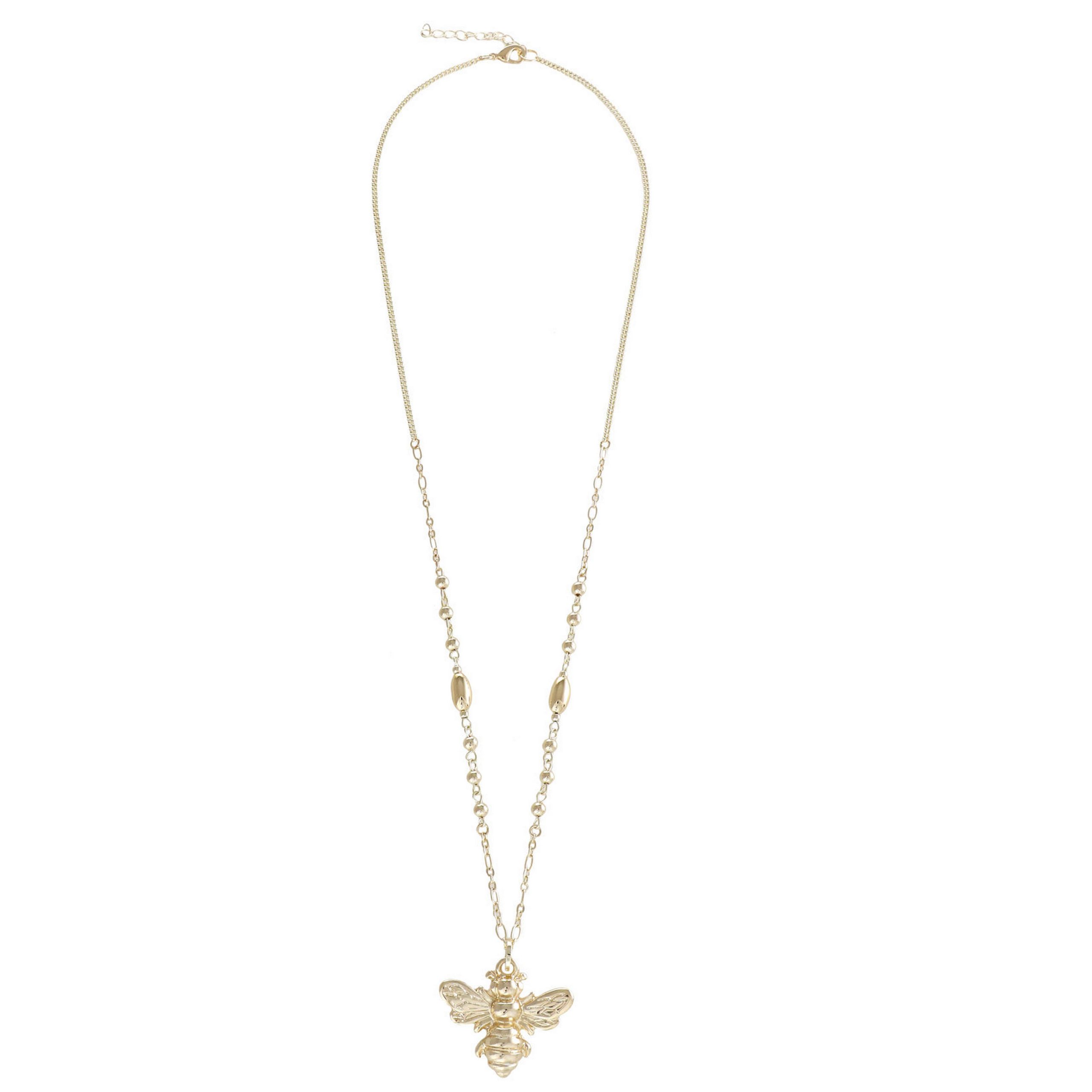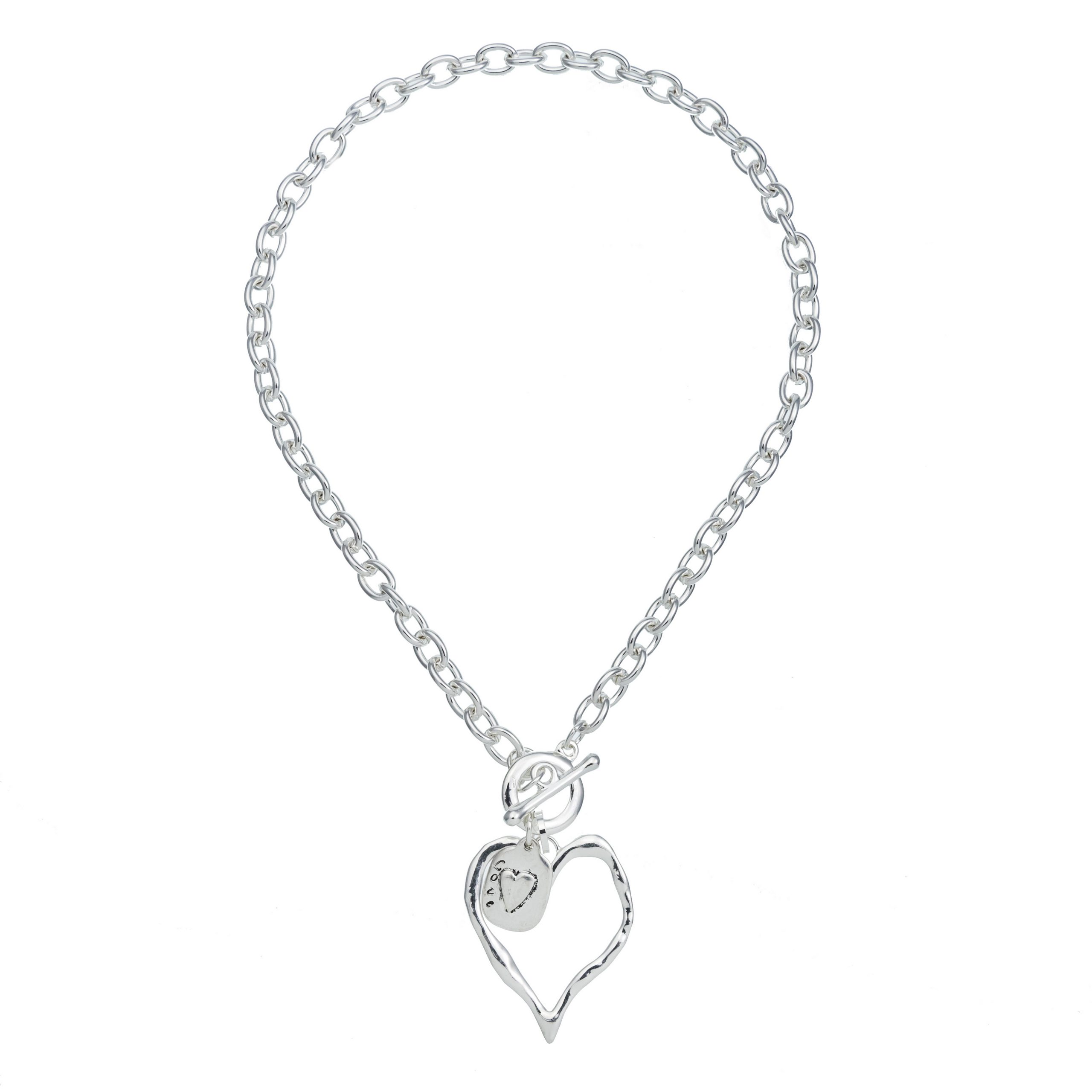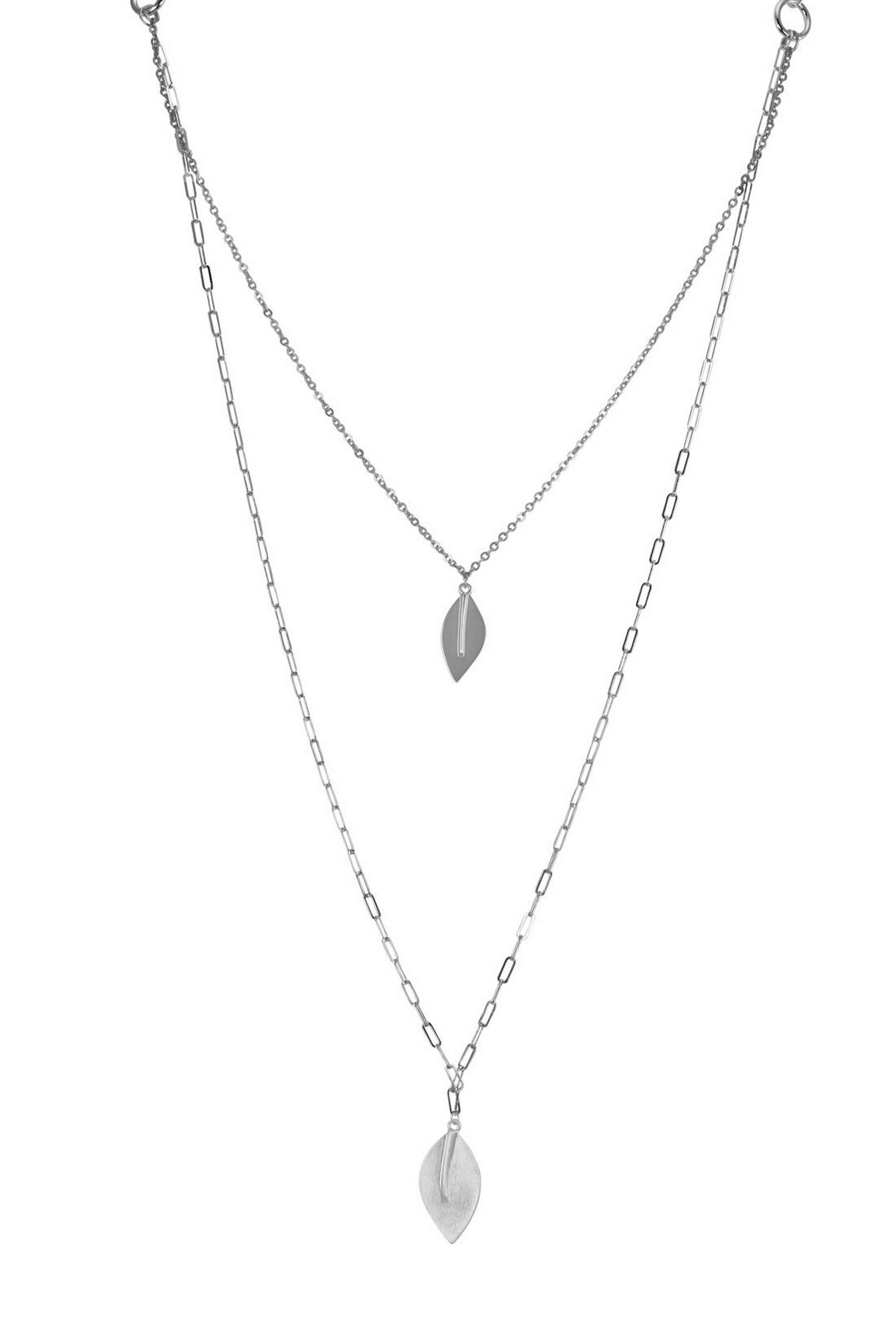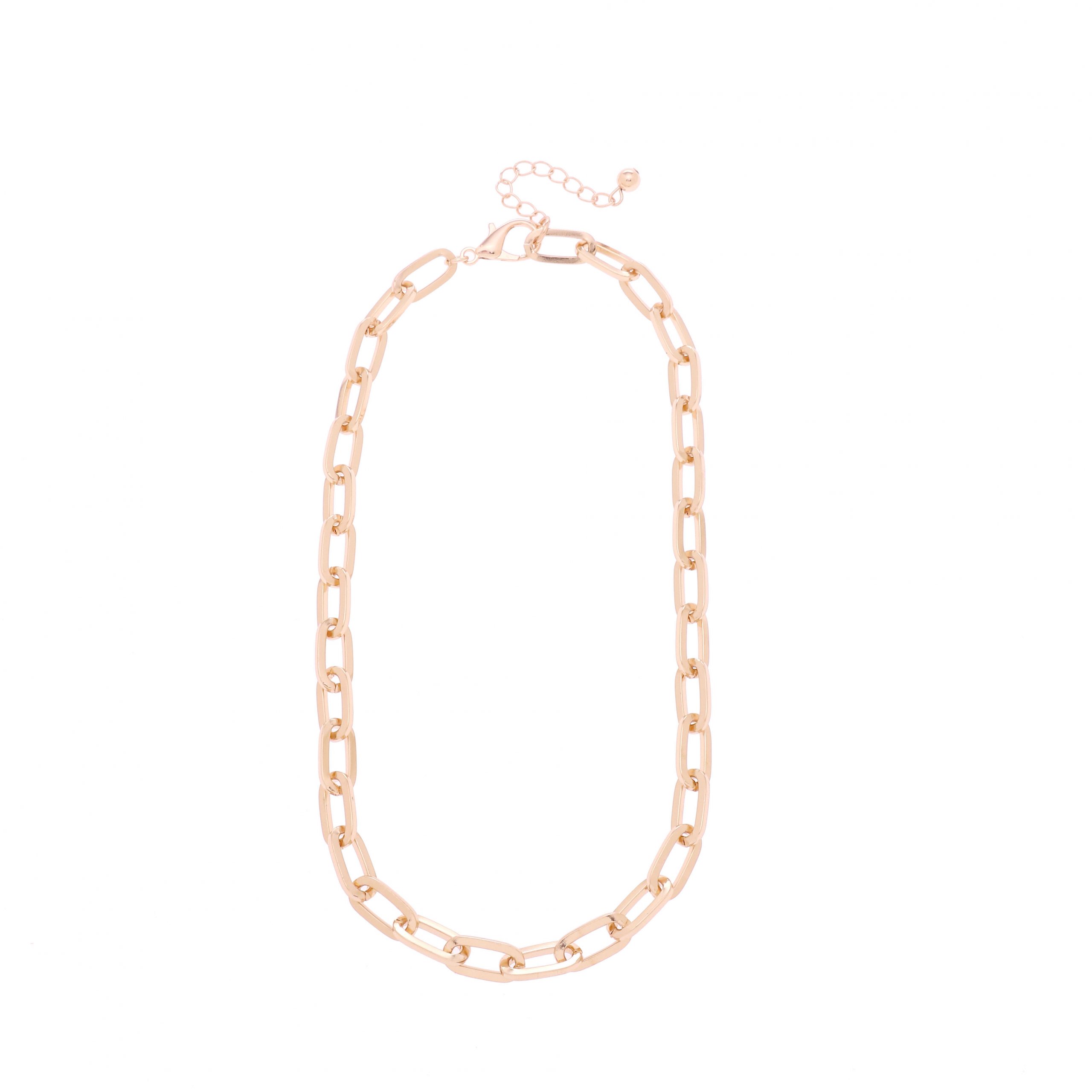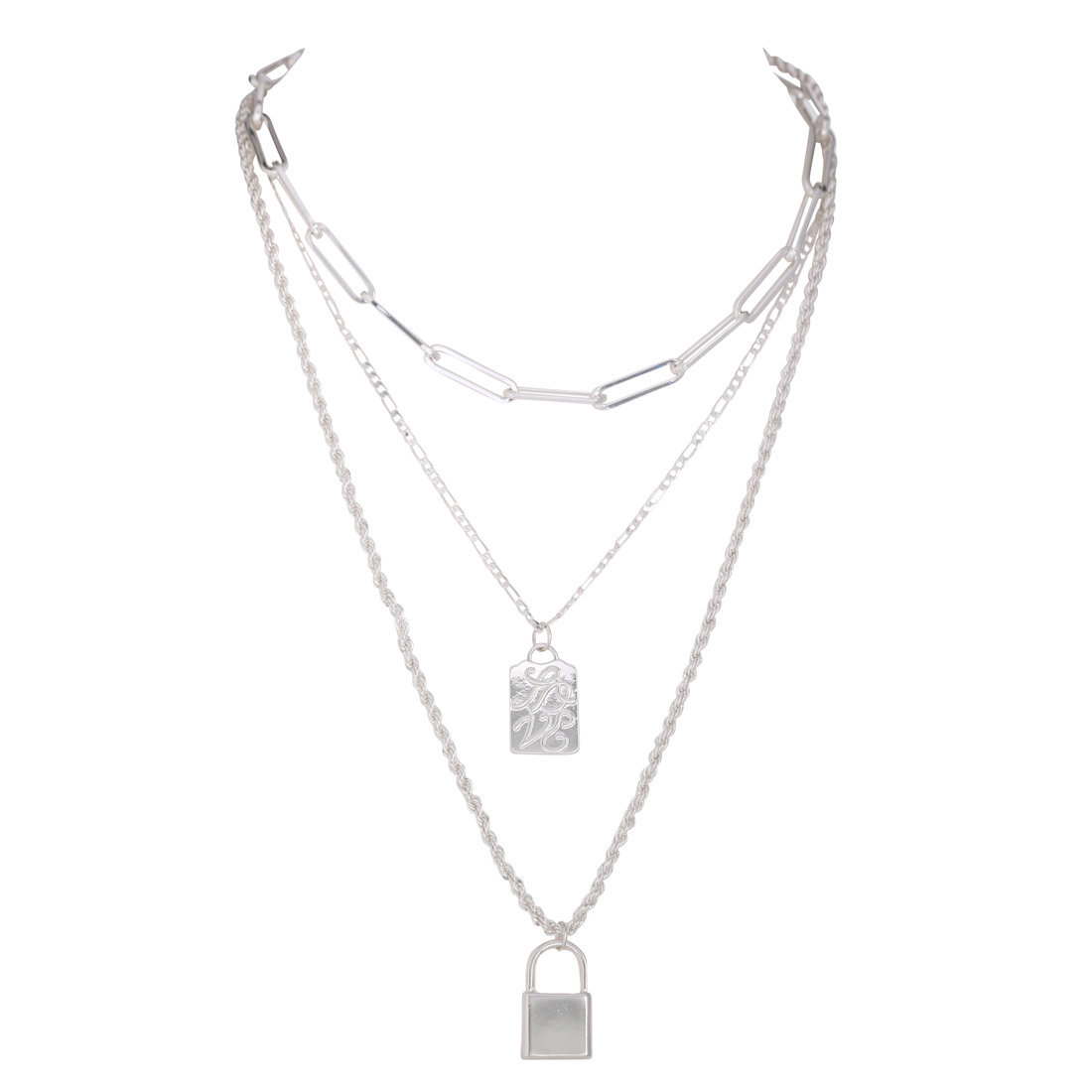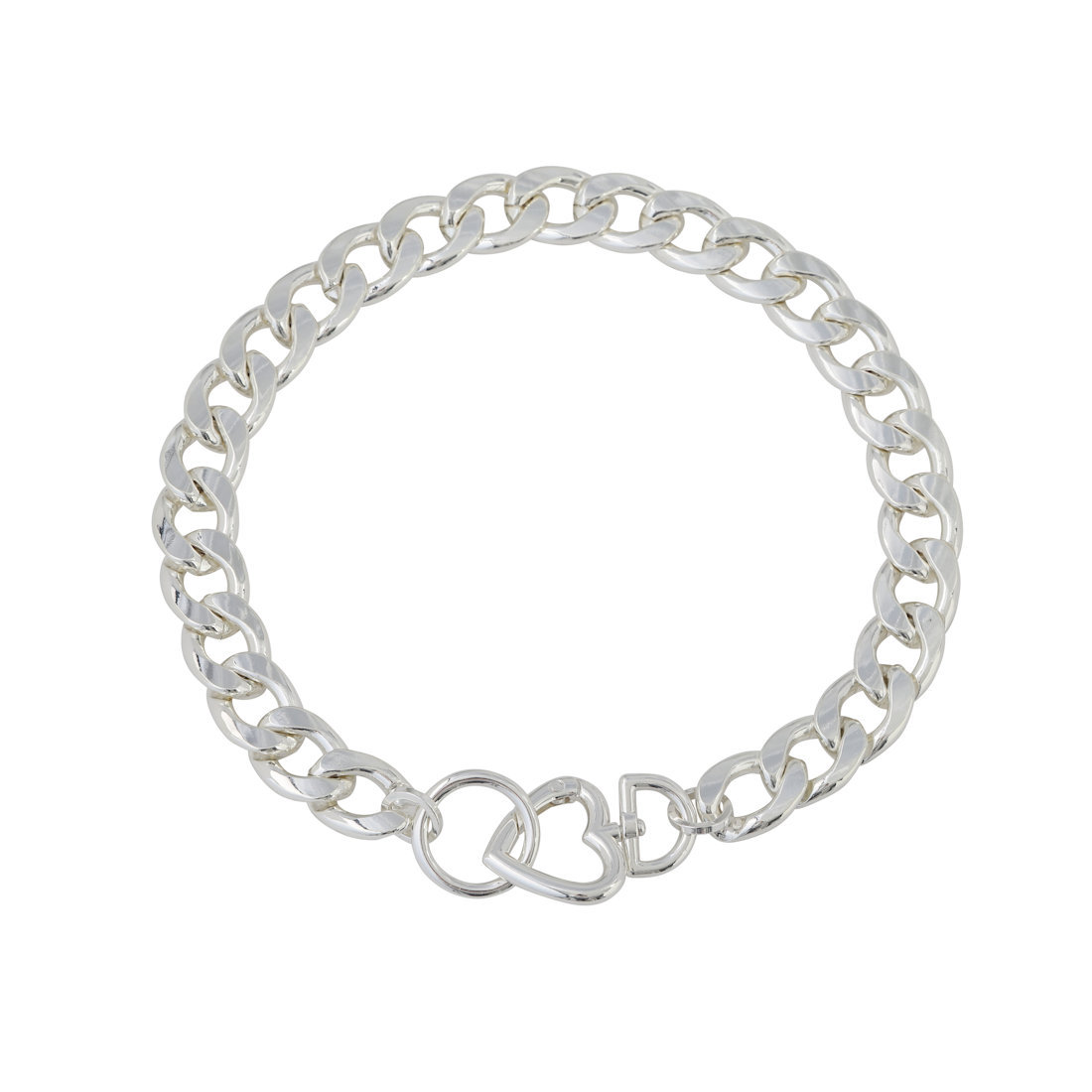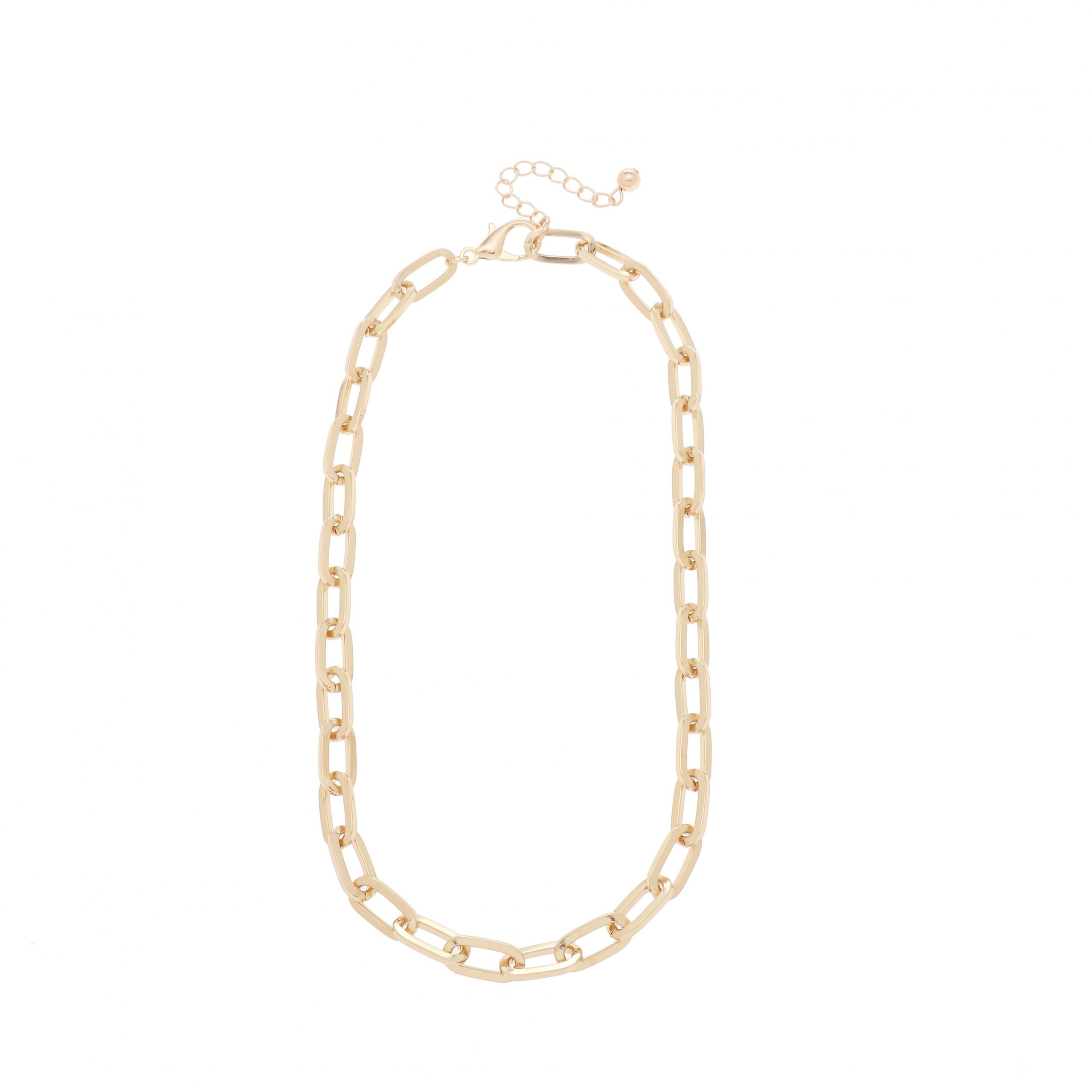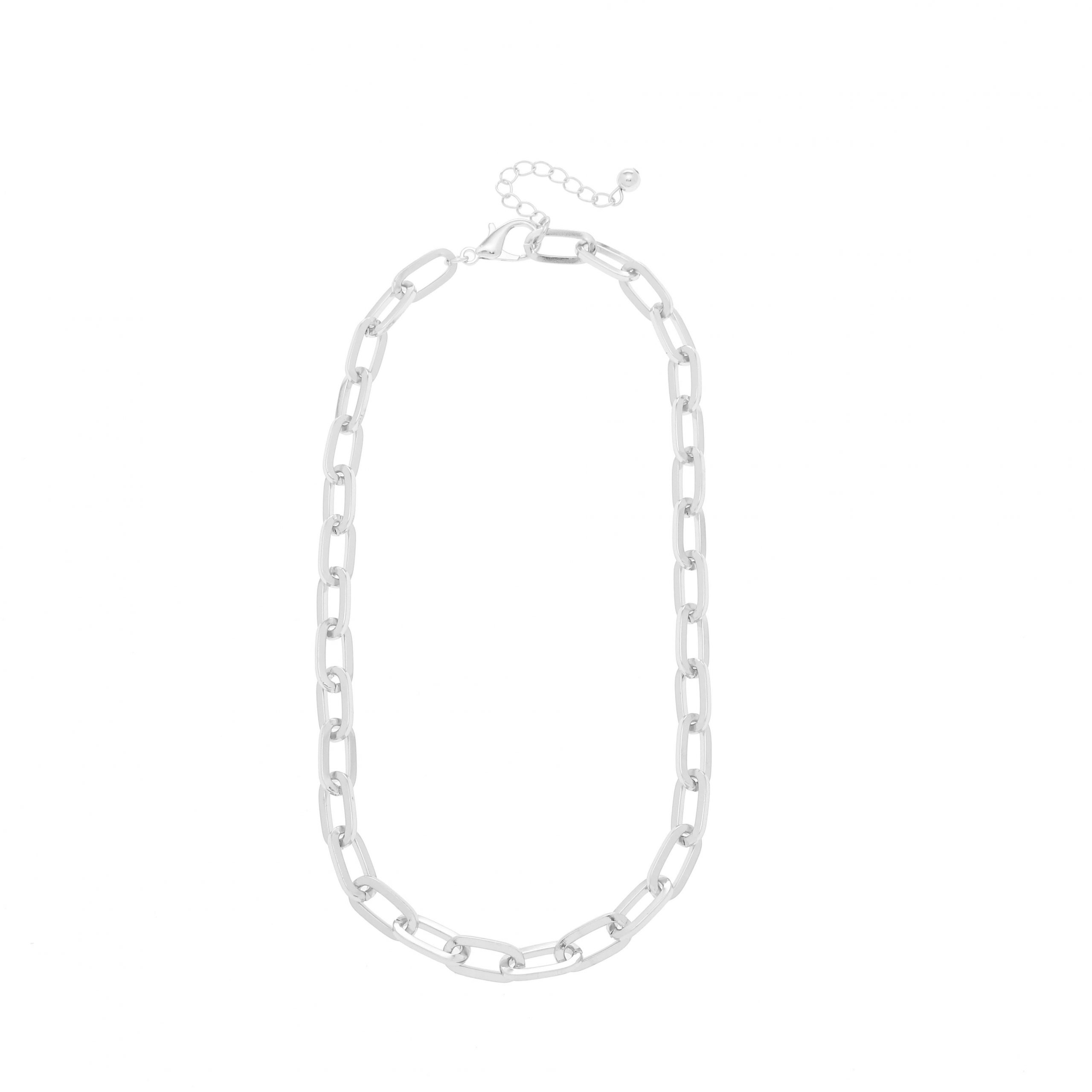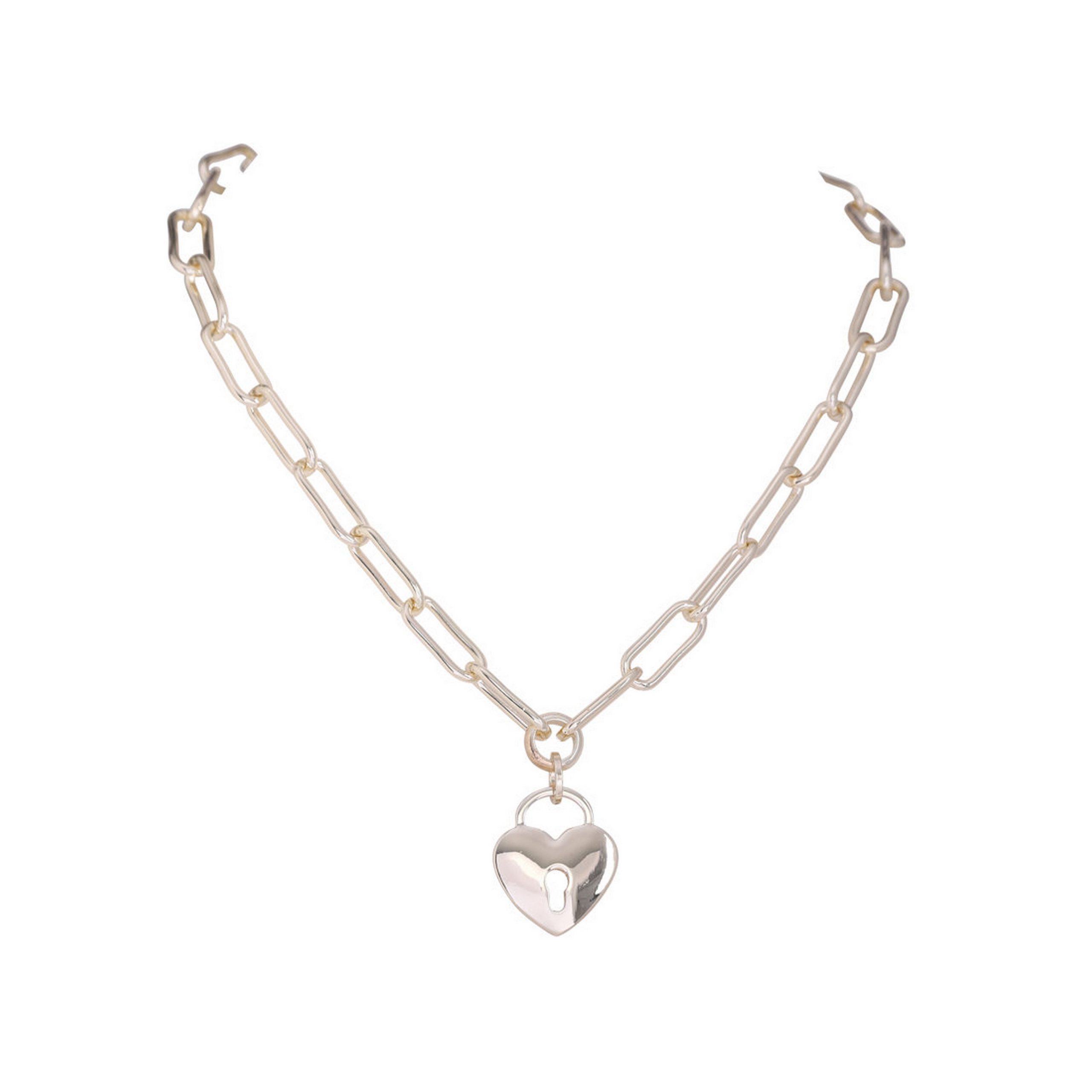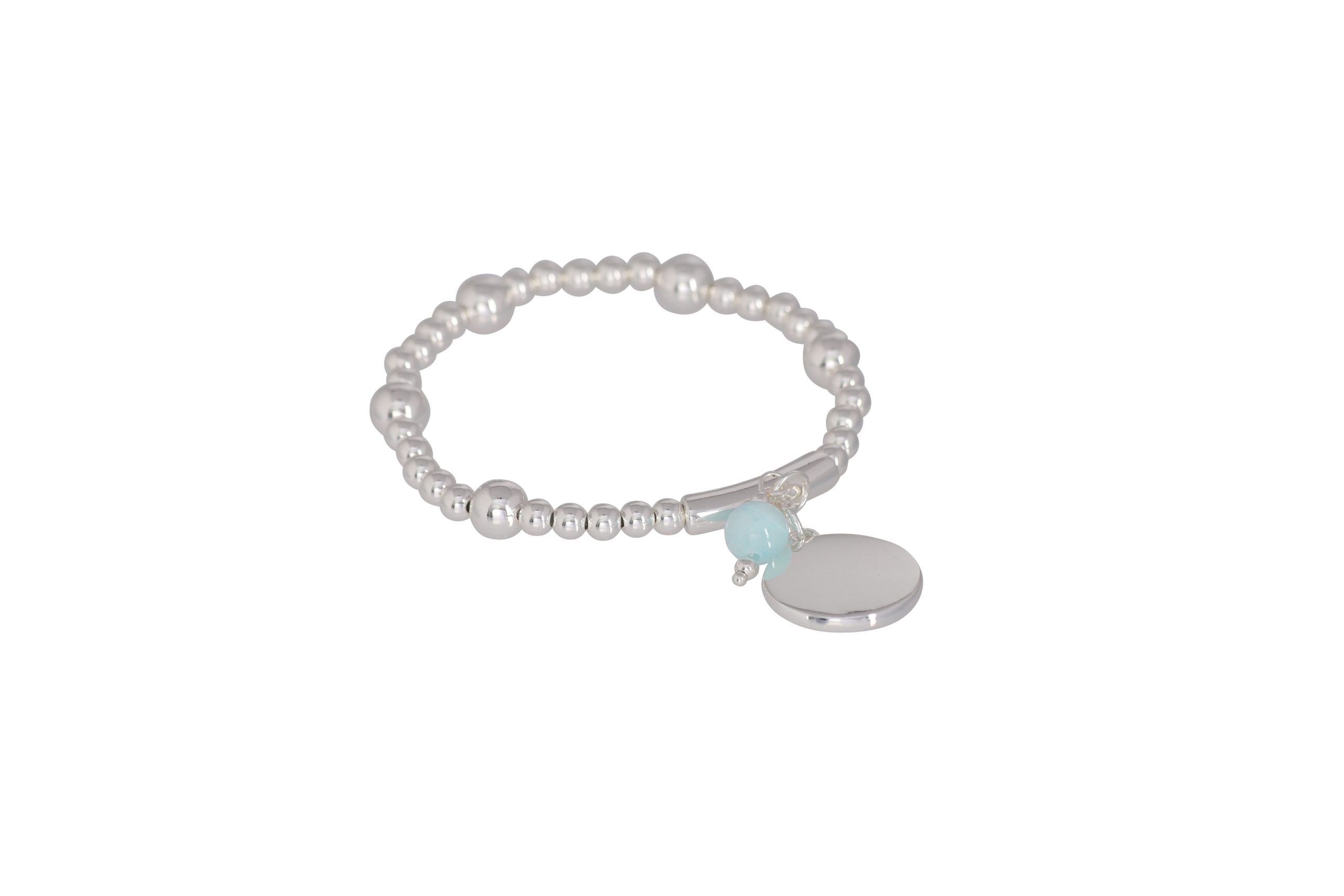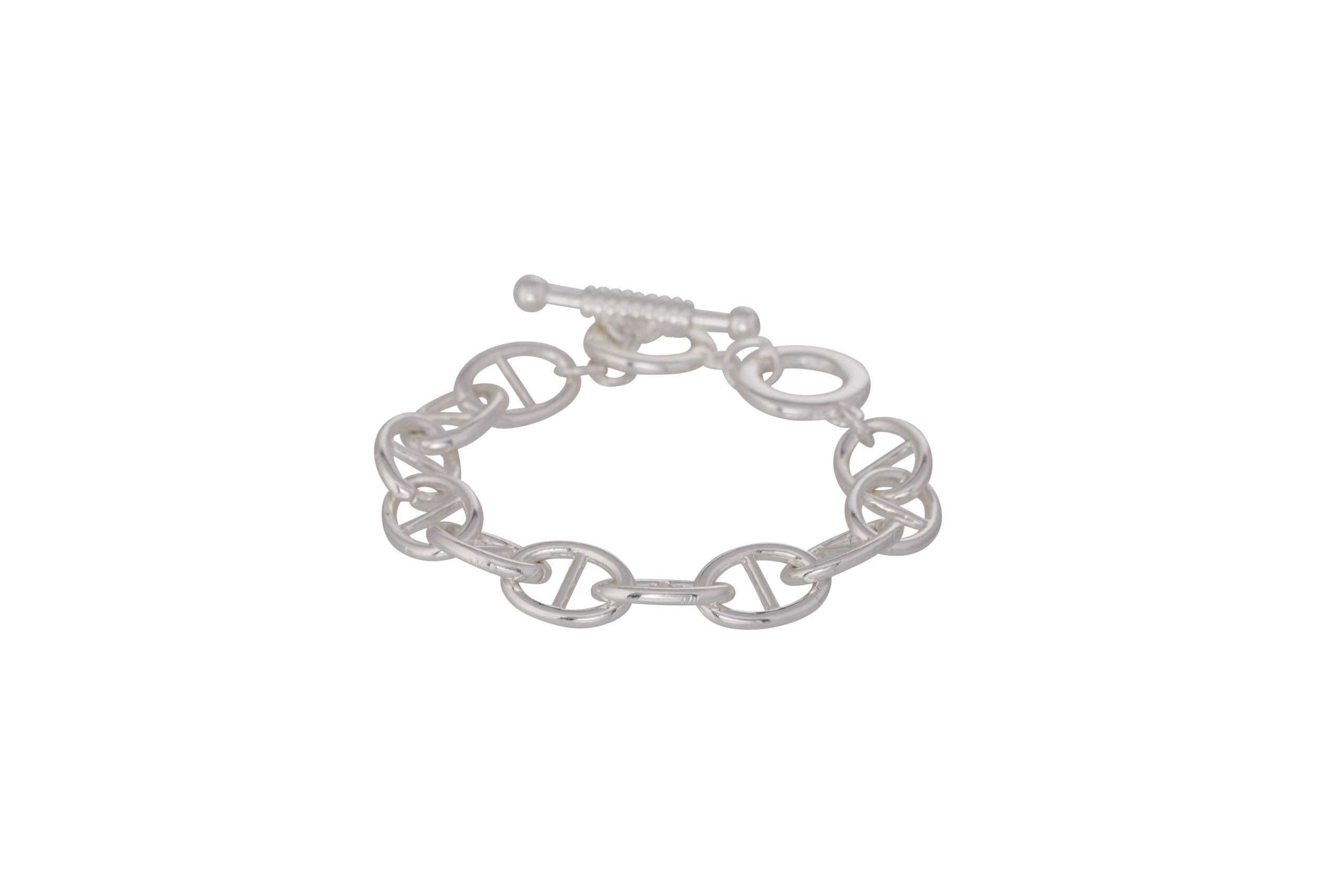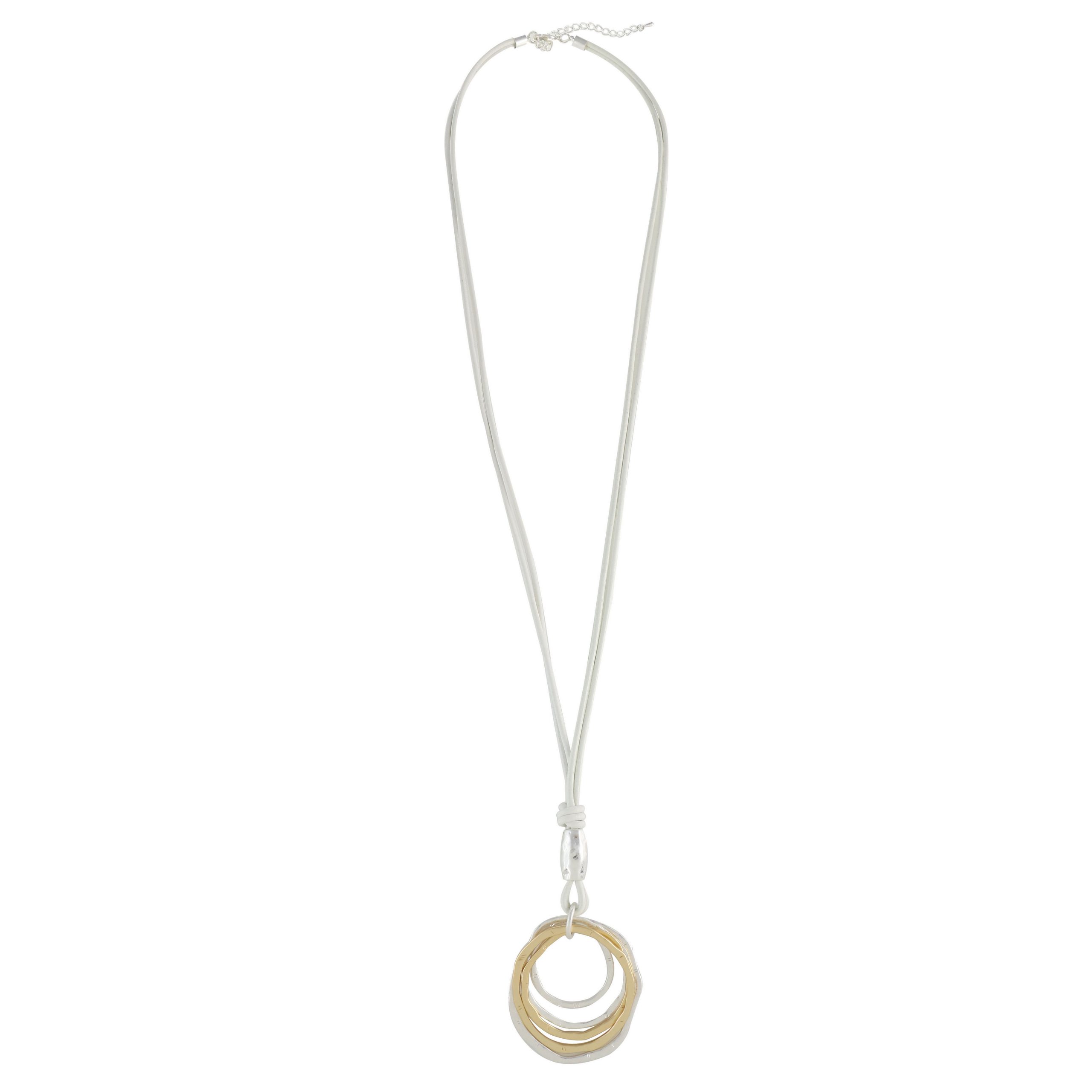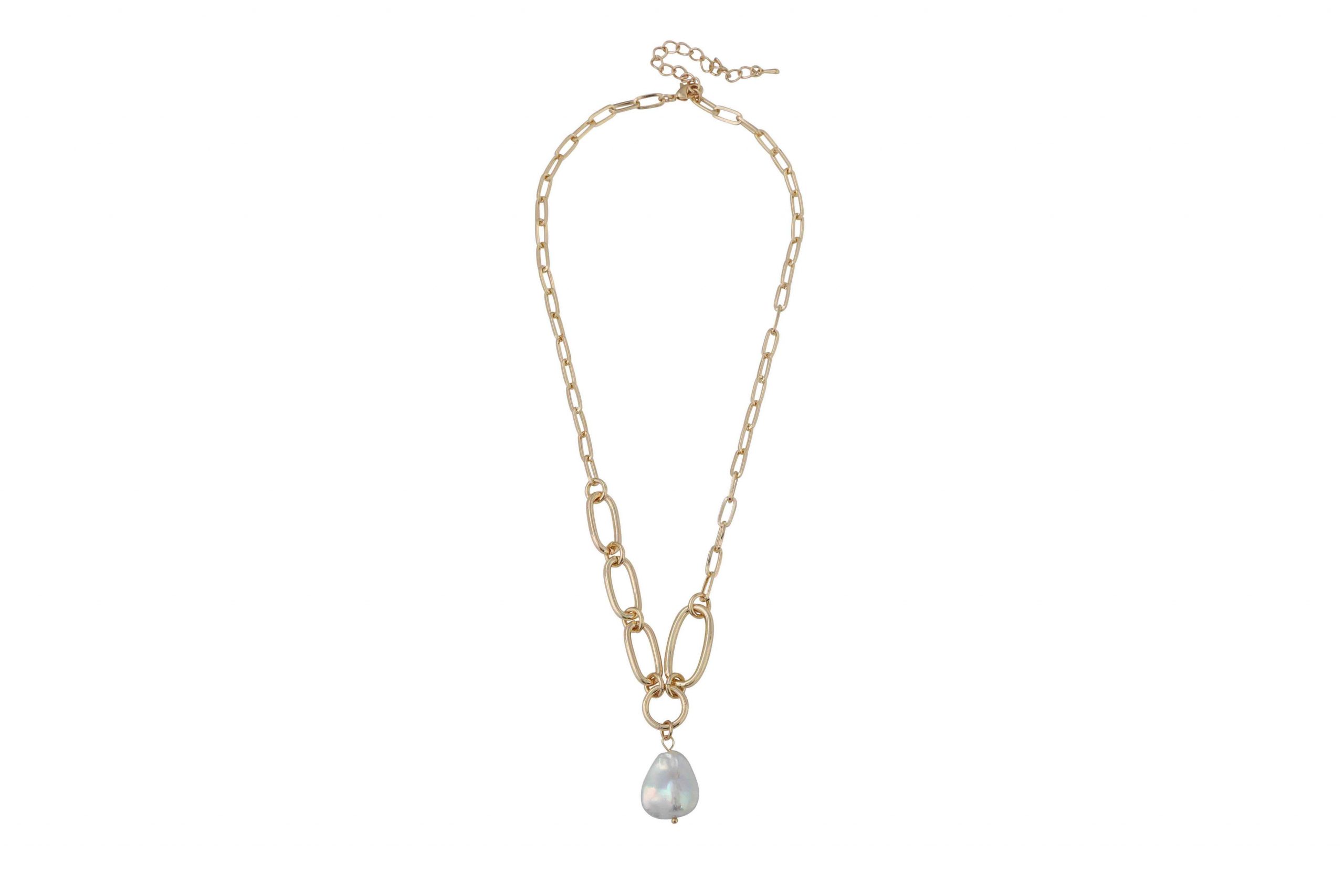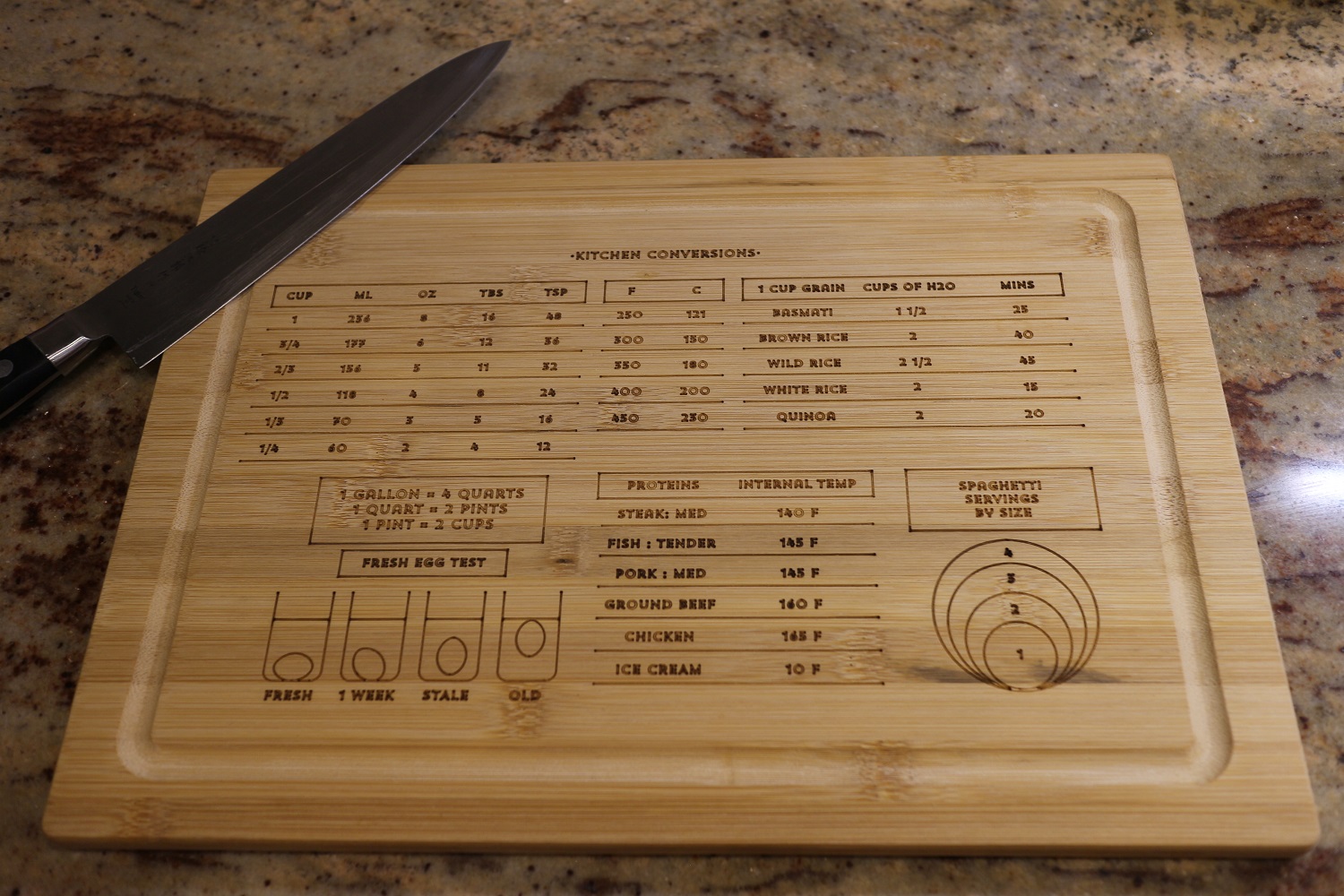In my previous post, I talked about how I don’t label myself as disabled even though I am, as well as despite the fact that society sees me as disabled. I wanted to elaborate on this because most of the time, I feel misunderstood when I say this. It’s not like I actually care to explain myself to anyone. In my personal life, I couldn’t care less if I’m misunderstood or not. I wouldn’t ever waste my time to try to prove anything to anyone. But I do feel I owe an explanation to all of you – my readers and followers. After all, I’m the most authentic self with you and you only, with the exception of my husband and my parents of course.
When I was growing up, my parents never treated me as their ‘disabled child.’ I was even more reassured of that when I got to know my disabled friends from camp. We’d always go to each other’s houses and we got to know each other’s families. We were all friends for almost 10 years. As I got to my late teens and early 20’s, I started analyzing my friends’ home lives. One of my friends, who was in a wheelchair, was never allowed to go on dates with any boy unless it was at a place where her parents or brothers could also be there. Hence, a ‘perfect” and ideal first date for her would be a movie and a dinner at her house while her parents are there.

When I was growing up and getting to my late teens and early 20’s, I was allowed to go on dates outside of my house as long as they were set in public places. I was also allowed to go to places where my disabled friends wouldn’t be allowed to go to or would in generally never be seen at because they weren’t those types of people. As we all got older, my lifestyle completely changed thanks to my parents’ encouragement, whereas theirs stayed the same. That was the main reason why our friendships drifted apart and we eventually stopped being friends altogether. I have no idea where my old friends are now, but I do know that they were all about their educations. They were all just as serious as I was about their schooling, which I truly respected.
Even though I felt ‘normal’ and as though I was a ‘regular girl’ at home, but as soon as I got out of my home, no matter whether it was in Israel or Canada, things looked completely different for me. That was always the case, with the exception of my disabled friends, which was why I think I was friends with them for such a long time even though I was practically miserable in their company, specifically by the end of our friendships. It was all so different for me experiencing life with a disability as a child vs. me as as an adult, and yet somehow, it was just the same. When I was growing up in Israel, I was immensely bullied because of something that was out of my control – my disability. Kids at the time were absolutely brutal. I was physically assaulted, as well as mentally and emotionally. One of my classmates even openly told someone that I deserved to be bound to a wheelchair.
When my parents so much as discussed moving to Canada, they obviously did their research on the treatment I’d be getting in the new country (new for us). Canada’s government takes pride that they treat everyone fairly and equally, including people with disabilities. I can 100% concur that that’s definitely not the case. I wrote a whole article about it, which you can find here. The treatment I received from those around me in Canada was very much different than the treatment I received from those around me in Israel. Though the experiences were different, I wouldn’t say the way I was treated in Canada was any better, though.
Coming to Canada was like a culture shock for me. People were always nice to me, I’d say even too nice, and always seemed like they wanted to help. My peers never seemed to actually want to be friends with me, though. They seemed to only want to talk to me because it was the right thing to do as I was just the ‘disabled girl’ to them and they were told to be nice to me by our teachers. If anyone did show interest in being friends with me, I always wondered to myself whether it was because they actually wanted to be friends with me or because I was a charity case for them. That’s been the case for me even now, as an adult woman.
I also find people in the Canadian culture fake. It doesn’t have to be just about disability at all. They’re just fake nice to you. They’re nice to your face and then talk sh*t behind your back. No matter the case, though, I was always treated as the ‘disabled girl’ no matter who I was with outside of my family, both as a child and as an adult, when all I really wanted was to be treated just like anyone else.
Sign up to our newsletter if you want to see more content from The Graceful Boon! By signing up to our newsletter, you'll get an even more in-depth content from yours truly, Stacie Kiselman, who's our Graceful Boon, that you won't want to miss out on.


